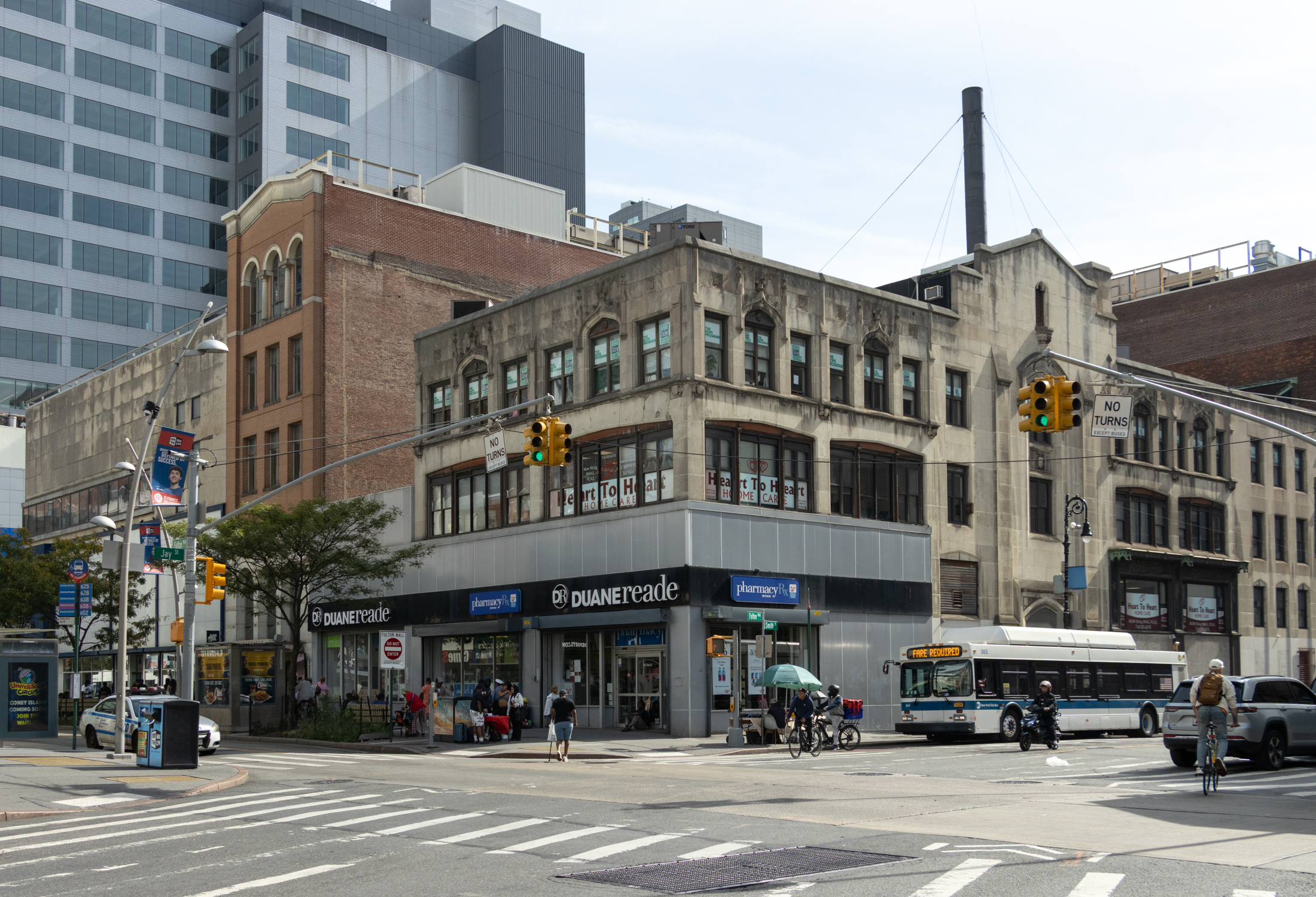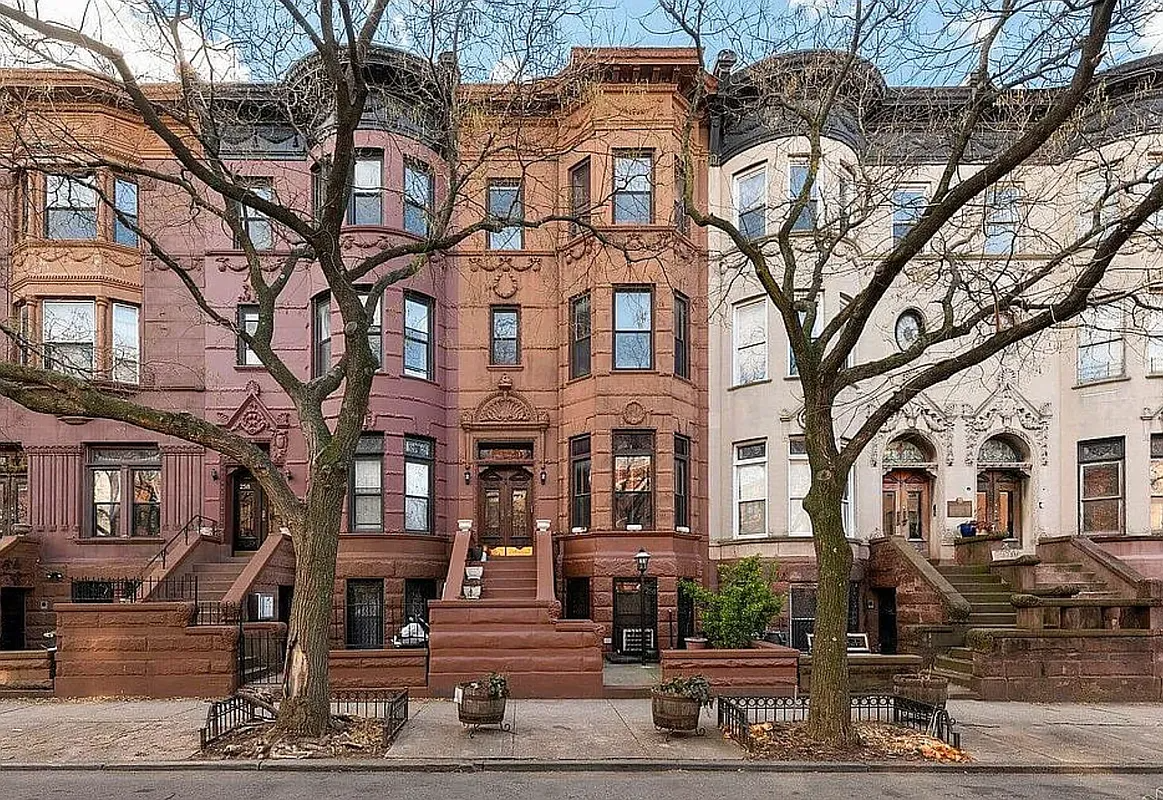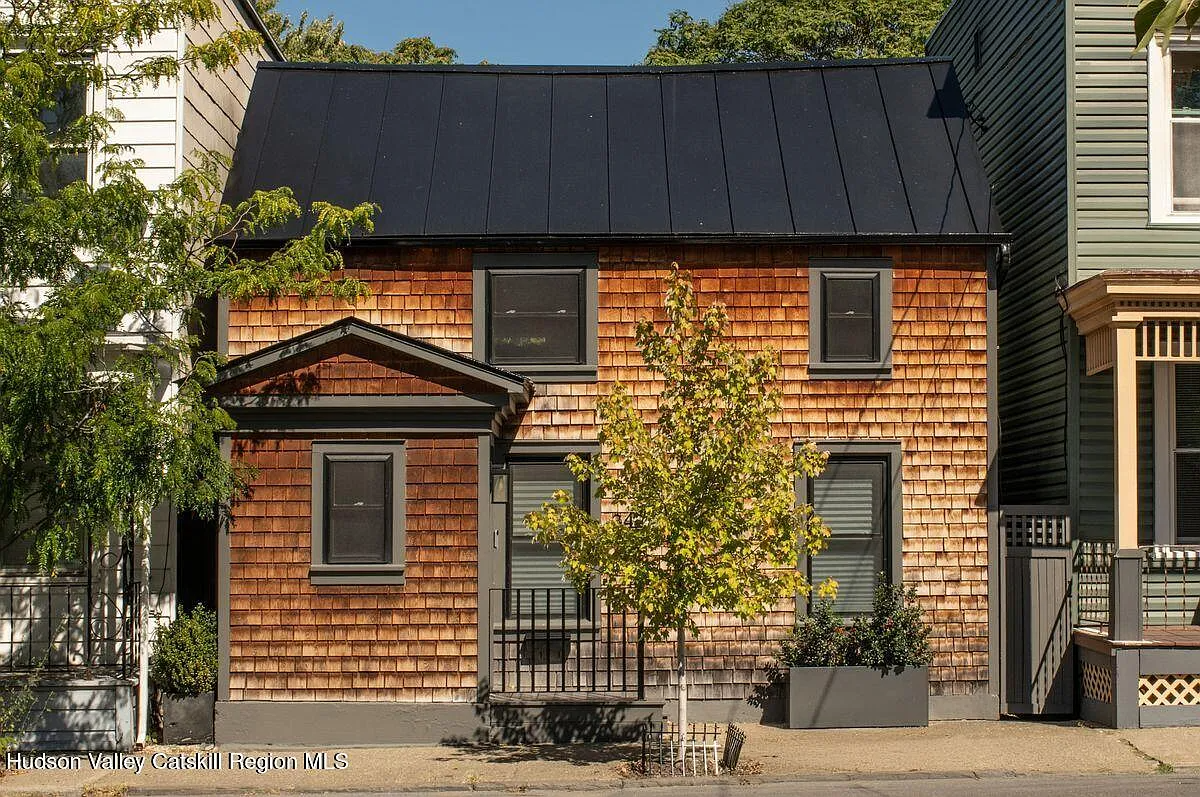Where and When Will The Market Bottom?
Most people interviewed in this weekend Times article about New York’s real estate market finding its bottom seem to agree that prices so far have come down about 25 percent; how much further they have to fall is a matter of more varied opinion, though it sounds like 10 or 15 percent would be a…

 Most people interviewed in this weekend Times article about New York’s real estate market finding its bottom seem to agree that prices so far have come down about 25 percent; how much further they have to fall is a matter of more varied opinion, though it sounds like 10 or 15 percent would be a consensus range. Which means we could be closer to the bottom than past cycles would suggest. Even if the New York market were to end up being 35 to 45 percent down, he said, to the degree we’re seeing deals done at 30 to 32 percent down anyway, it’s not very far away. What may happen, some speculate, is that the correction, however brutal, could be accelerated into a shorter time period that last go-round. It’s possible that rather than seeing price declines spread out over a six-year period, this time it could be concentrated in a two-year period, said Ingrid Gould Ellen, co-director of the Furman Center for Real Estate and Urban Policy at NYU’s School of Law. That possibility, along with the fact that there are plenty of folks waiting in the wings wanting to buy, has the brokerage community cautiously optimistic that the real estate business may avoid having a lost decade. After all, what broker’s need to get paid are transactions more than high prices.
Most people interviewed in this weekend Times article about New York’s real estate market finding its bottom seem to agree that prices so far have come down about 25 percent; how much further they have to fall is a matter of more varied opinion, though it sounds like 10 or 15 percent would be a consensus range. Which means we could be closer to the bottom than past cycles would suggest. Even if the New York market were to end up being 35 to 45 percent down, he said, to the degree we’re seeing deals done at 30 to 32 percent down anyway, it’s not very far away. What may happen, some speculate, is that the correction, however brutal, could be accelerated into a shorter time period that last go-round. It’s possible that rather than seeing price declines spread out over a six-year period, this time it could be concentrated in a two-year period, said Ingrid Gould Ellen, co-director of the Furman Center for Real Estate and Urban Policy at NYU’s School of Law. That possibility, along with the fact that there are plenty of folks waiting in the wings wanting to buy, has the brokerage community cautiously optimistic that the real estate business may avoid having a lost decade. After all, what broker’s need to get paid are transactions more than high prices.
Looking for Bottom in N.Y. Real Estate [NY Times]
Photo by simplerich





“Think this will be my last Brownstoner post as I find it really depressing.”
jebby–all the more reason to stay around and pitch in on Team Reasonable, of which I am a founding member. There are actually plenty of nice and reasonable people here but we do tend to get drowned out by the blowhards. Please stick around and represent for the reasonable folks!
I closed on my house in 11215 on Friday, half block from the park. Both attorneys, had 2 closings in Brooklyn every day last week. Things are selling. Think this will be my last Brownstoner post as I find it really depressing. The amount of negative energy and lack of civic discourse is sad. There’s a lot of good that could be done with the energy that would make Brooklyn a better place. What a goal, root for housing to go down so you can get a better price. Let’s root for more people to die at home so the Emergency Room won’t be busy if you neeed it. It’s that attitude of being deaf to others suffering that enabled all the sub-prime mess to take place. Lend money and not care who borrows, because you’re going to pass it on to someone else to deal with. Get outside and sweep the sidewalk in front of where you live, water a tree, do something.
fsrq,
If I was a condo/co-op owner I might ask for a reduction. But at the same time I’d want to know my building had a solid reserve to weather any trouble. Co-ops, well run ones at least, generally have tens, if not hundreds of thousands in reserve. That is not “extra” lying around to be spent, but rather cushion for an unforeseen expense or a spike in costs.
I would definitely say that if expenses remain flat so should monthly fees, but I would also argue (admittedly with no personal NYC condo/co-op experience) that as an owner I’d want my building to have cash on hand and I’d vote to fire a management company that felt it needed to spend every penny before I’d vote for a reduction in monthly fees.
Monthly maintenance charges aren’t fun, but a bankrupt building is worse.
imho…
Christopher – “The occasional drop in building expenses rarely off set the long term rise in overall operational costs.”
That is true – because generally our economy has some long-term inflation – but if your Coop/Condo Board & Management Co raised your fees in the last 3-5 years due to the unusual (hyper) inflation in Fuel, Insurance and trades (likely) then within the next 12mo if the prices remain where they are residents should be demanding a reduction (not withstanding the increase in property taxes)- trust me – if the management co sees extra $ lying around – they will find a way to spend it (and get their piece) – one way or another.
frsq,
The financing goes both ways, with mutli-family brownstone types and condo/co-ops alike. There are years where the income is well beyond the expenses, but then there are stretches where the income might fall short of the expenses.
Regardless of what oil is today there is no guarantee it will be that in 6, 12, 24 months, etc. Contractors might be dropping rates now, but a year ago you had to pay out the nose because they had tons of options (I don’t need a roof now, if I did I might get it at a huge savings. I might need a new roof in 5-7 years. What will it cost then? Could be less than now, could be double).
What about vacancy rates? If a landlord has a vacant apartment his income might be coming up short on expenses. If a certain % of condo/coops are vacant and no one is paying the carrying charges (absentee/foreclosure/new construct never sold/etc) it causes a loss to the owner/developer/manager. Expenses are a lot more than just RE tax, oil/gas, and insurance. Water? Electric?
The occasional drop in building expenses rarely off set the long term rise in overall operational costs.
Sorry Iron Balls – my numbers are accurate and up to date, I write the checks and negotiate the price – I know what I pay. Are you really going to argue that Heating Oil hasnt fallen by at least 1/3 this heating season????? (granted it has been a bit colder this year) – and in ANY multifamily building a 30% decline in Oil is no “slight savings”
I am not arguing that RE taxes are low – I am arguing that expenses can and do fall (and with deflation in the construction trade that new roof, Local Law 11 work, etc…. that Christopher referenced will likely fall as well). So while your Condo/Coop maintenance bill may not decline – if the current trends continue (lower oil, lower Ins and lower construction costs) then you should protest because the difference is likely just being taken as a ‘vig’ by your management company.
Benson –
I don’t know much about Houston inthe 80’s, but I would guess the floor of the drop being around 25% had more to do with the assymetric nature of housing prices than anything else. We are probably much further along the hockey stick today in NY than Houston was in that time. As many often point out, you have to live soemwhere so a certain base of wealth is always going to be spent on housing. I’m guessing that both Houston and NY in the depression had big cut in the amount of wealth, but little change to the % of wealth spent on housing (Again, I admit this my impressions and I have no real hard facts backing this up.) Today in NY we have the double barrel of people realizing they spent way too much of their wealth on housing and having that collective wealth cut significantly.
Wasder, I have been discussing these same points for a few months now. Having been a life long New Yorker, I have seen some good and bad times. If prices drop back to a more ‘affordable’ level, the consequences will be less taxes and may be less resources and amenities.
I saw a white flight happen when I was a child. My immigrant family was too poor to move to the suburbs. Unfortunately, crime increased ( I was mugged several times as a kid). Though fortunately, I was able to get a good education through the more ‘affordable’ catholic school system. but I am unsure if my kids will be able to get a good education in NYC.
I now have a young family and wonder if my kids can get a good education in the public school system, if there are not incredibly bright. And I can’t afford private schools.
It is a tough dilemma. I saw NYC turn around and become not a place you wanted to move away from (and I didn’t). But now I wonder if I will need to if things become more affordable and therefore less desirable.
“If for this to happen a NYC in the 70’s type scenario comes to pass then buying a brownstone at “half off” will be a massively pyrrhic victory.”
Wasder;
Excellent point,and one that I think Miss Muffett misses. I can assure you,as someone who came of age in NYC in the 70’s, that the last thing people were thinking is “This is a great time to buy”, just as there are few takers in the stock market right now. If indeed the largest city in the United States and one of the major centers of finance and arts in the world is seeing a 50% reduction in the price of homes, we will be in a new world indeed, one where the price of a brownstone will be of trivial importance. If indeed this comes to pass, all bets are off as to what would subsequently happen.